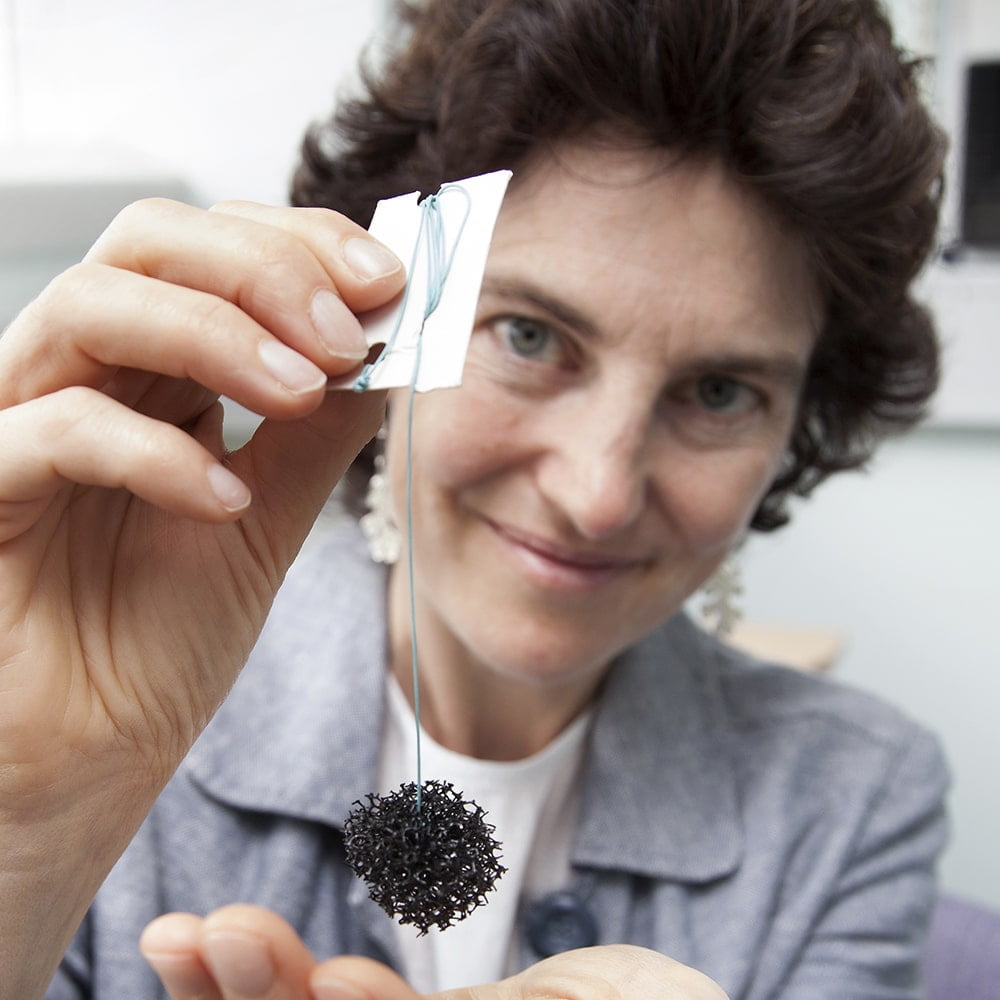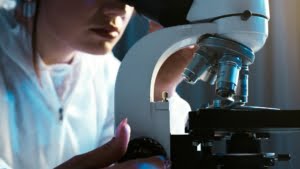Rebecca Fitzgerald wears many hats. Apart from being a member of the Lister Institute Governing Body and a former Lister Prize Fellow, she is Director of the Early Cancer Institute, Professor of Cancer Prevention at the University of Cambridge, and a practising consultant in gastroenterology, to name just a few. Lately, she has been making headlines with a new clinical triage technique – involving a sponge on a string.

Rebecca’s simple but innovative technique helps clinicians assess patients for Barrett’s oesophagus, a condition that can be a precursor to oesophageal cancer. Early detection is vital, allowing the condition to be treated before it progresses to the cancer stage. Checking for it generally requires an endoscopy – sending a camera down the throat to inspect the oesophageal tissue. Endoscopies need to be performed by a specialist after a referral from the patient’s GP.
The new test, however, can be done in a quick outpatient appointment with a minimum of discomfort.
Instead of visual imaging, Rebecca’s test directly samples the patient’s cells. A tiny sponge is packed into a pill capsule that a patient swallows, leaving the attached string outside the body for later retrieval. Once inside the stomach, the sponge expands, and then collects oesophageal cell samples on its way back out. The sponge is sent to a central lab for processing and analysis to check for proteins specific to Barrett’s and associated progression towards cancer. The patient is fully conscious throughout the procedure and able to carry on with their day afterwards.
Rebecca’s sponge-on-a-string technique, dubbed Cytosponge, was piloted by the NHS during the pandemic, when waiting lists for endoscopies ballooned. More than 18,000 tests have been carried out since the pandemic across NHS England, NHS Scotland and in ‘Cytoprime’ general practice pilots.
According to the trial results, replacing the endoscopy with the Cytosponge method saves around £400 per procedure. It frees up endoscopy appointments for patients who need urgent assessment or are at higher risk, and it’s also very well tolerated by patients. Of patients surveyed as part of the NHS trial, 94% experienced only mild pain or none at all.
”It is very exciting to see this test move from research trials to implementation pilots in the NHS,” Rebecca commented. “This test is much easier for patients and benefits the health service by improving triage. We continue to work to refine the test and our next major trial will see whether this test could be available as a national screening test similar to bowel and cervical screening.”



